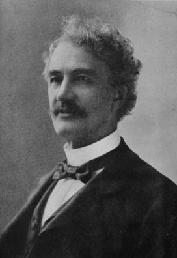|
.
Self-Improvement-eBooks.com Choose from over 400 personal development
ebooks and audios!
Learn how you can become a member of Cornerstone Book Club. Claim your free prosperity ebook and email course . . . |
|
A Remarkable Life |
|
 |
